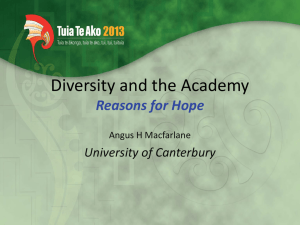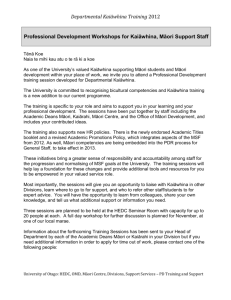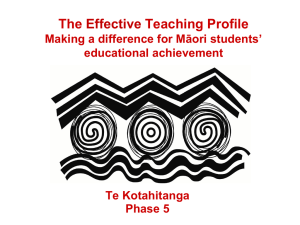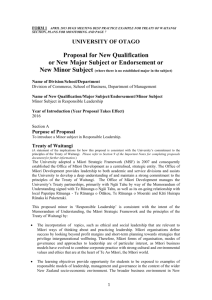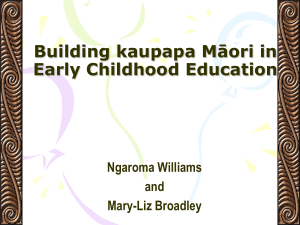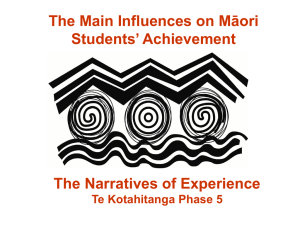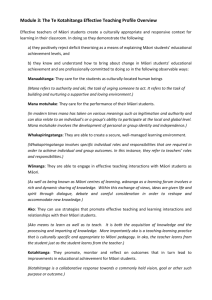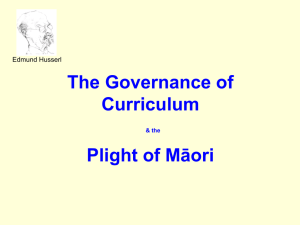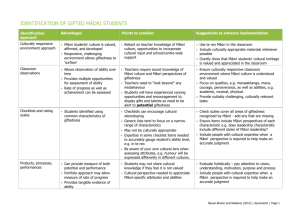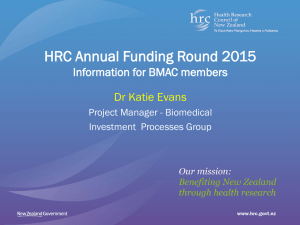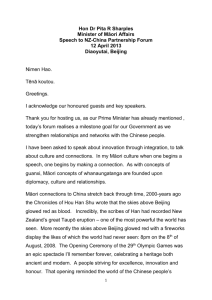Melissa-Carey-draft-Final-Seminar-Flyer
advertisement
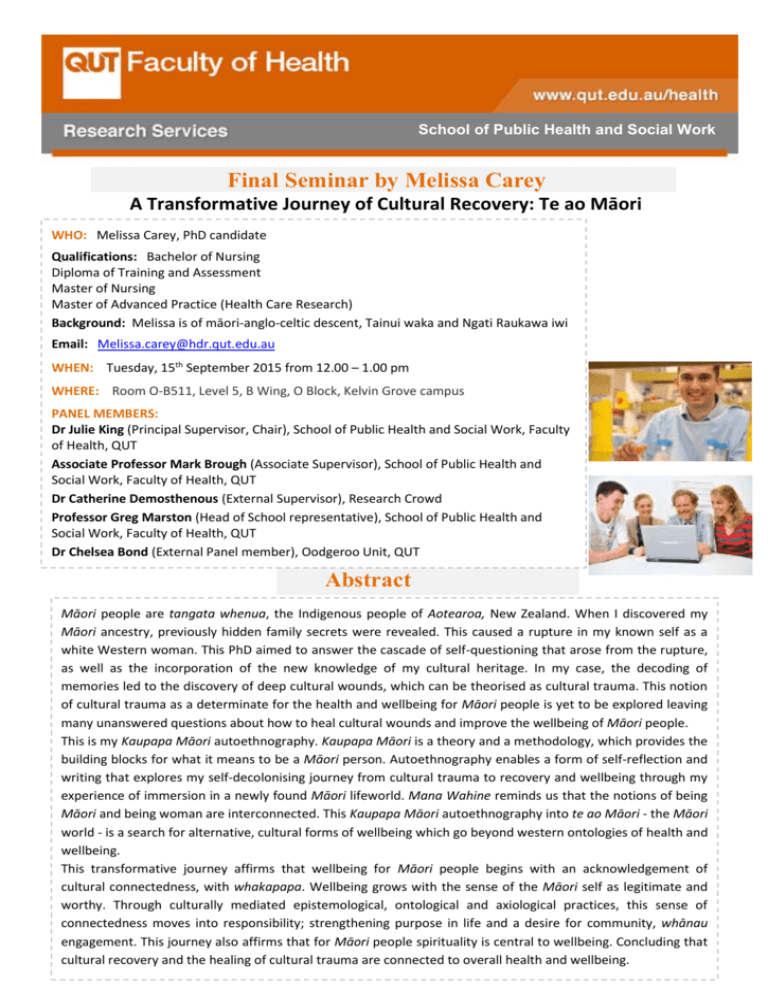
School of Public Health and Social Work Final Seminar by Melissa Carey A Transformative Journey of Cultural Recovery: Te ao Māori WHO: Melissa Carey, PhD candidate Qualifications: Bachelor of Nursing Diploma of Training and Assessment Master of Nursing Master of Advanced Practice (Health Care Research) Background: Melissa is of māori-anglo-celtic descent, Tainui waka and Ngati Raukawa iwi Email: Melissa.carey@hdr.qut.edu.au WHEN: Tuesday, 15th September 2015 from 12.00 – 1.00 pm WHERE: Room O-B511, Level 5, B Wing, O Block, Kelvin Grove campus PANEL MEMBERS: Dr Julie King (Principal Supervisor, Chair), School of Public Health and Social Work, Faculty of Health, QUT Associate Professor Mark Brough (Associate Supervisor), School of Public Health and Social Work, Faculty of Health, QUT Dr Catherine Demosthenous (External Supervisor), Research Crowd Professor Greg Marston (Head of School representative), School of Public Health and Social Work, Faculty of Health, QUT Dr Chelsea Bond (External Panel member), Oodgeroo Unit, QUT Abstract Māori people are tangata whenua, the Indigenous people of Aotearoa, New Zealand. When I discovered my Māori ancestry, previously hidden family secrets were revealed. This caused a rupture in my known self as a white Western woman. This PhD aimed to answer the cascade of self-questioning that arose from the rupture, as well as the incorporation of the new knowledge of my cultural heritage. In my case, the decoding of memories led to the discovery of deep cultural wounds, which can be theorised as cultural trauma. This notion of cultural trauma as a determinate for the health and wellbeing for Māori people is yet to be explored leaving many unanswered questions about how to heal cultural wounds and improve the wellbeing of Māori people. This is my Kaupapa Māori autoethnography. Kaupapa Māori is a theory and a methodology, which provides the building blocks for what it means to be a Māori person. Autoethnography enables a form of self-reflection and writing that explores my self-decolonising journey from cultural trauma to recovery and wellbeing through my experience of immersion in a newly found Māori lifeworld. Mana Wahine reminds us that the notions of being Māori and being woman are interconnected. This Kaupapa Māori autoethnography into te ao Māori - the Māori world - is a search for alternative, cultural forms of wellbeing which go beyond western ontologies of health and wellbeing. This transformative journey affirms that wellbeing for Māori people begins with an acknowledgement of cultural connectedness, with whakapapa. Wellbeing grows with the sense of the Māori self as legitimate and worthy. Through culturally mediated epistemological, ontological and axiological practices, this sense of connectedness moves into responsibility; strengthening purpose in life and a desire for community, whānau engagement. This journey also affirms that for Māori people spirituality is central to wellbeing. Concluding that cultural recovery and the healing of cultural trauma are connected to overall health and wellbeing.

